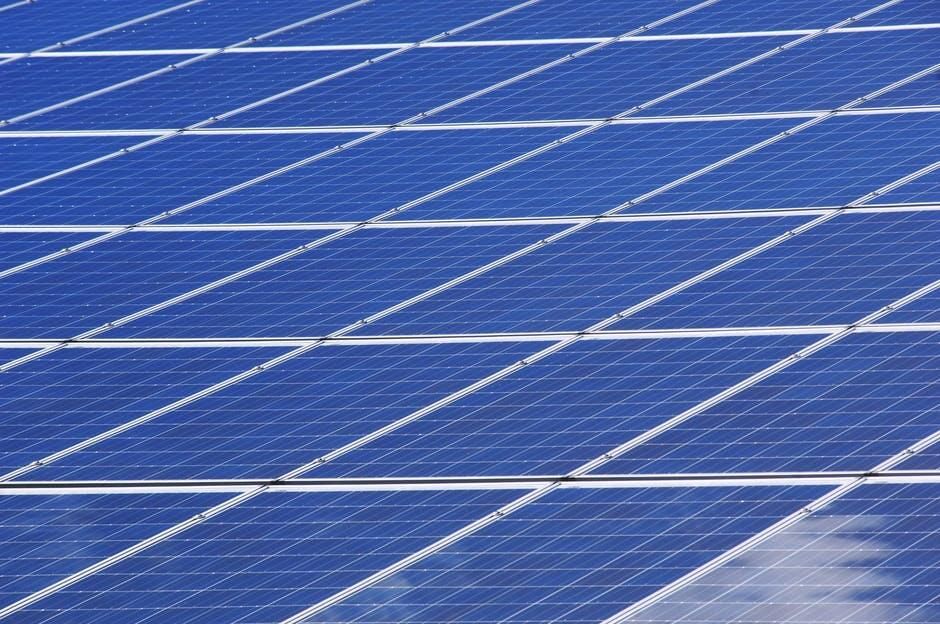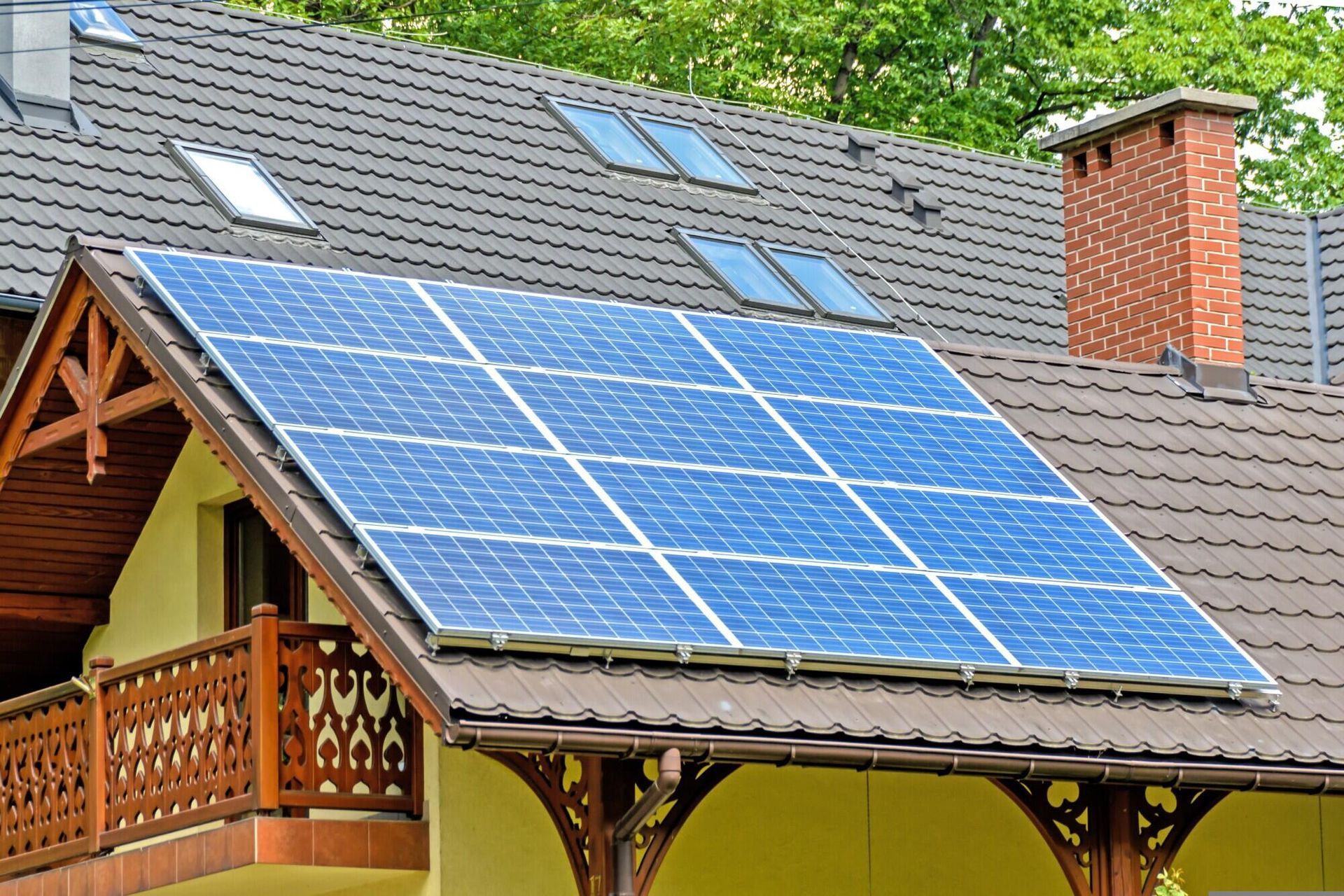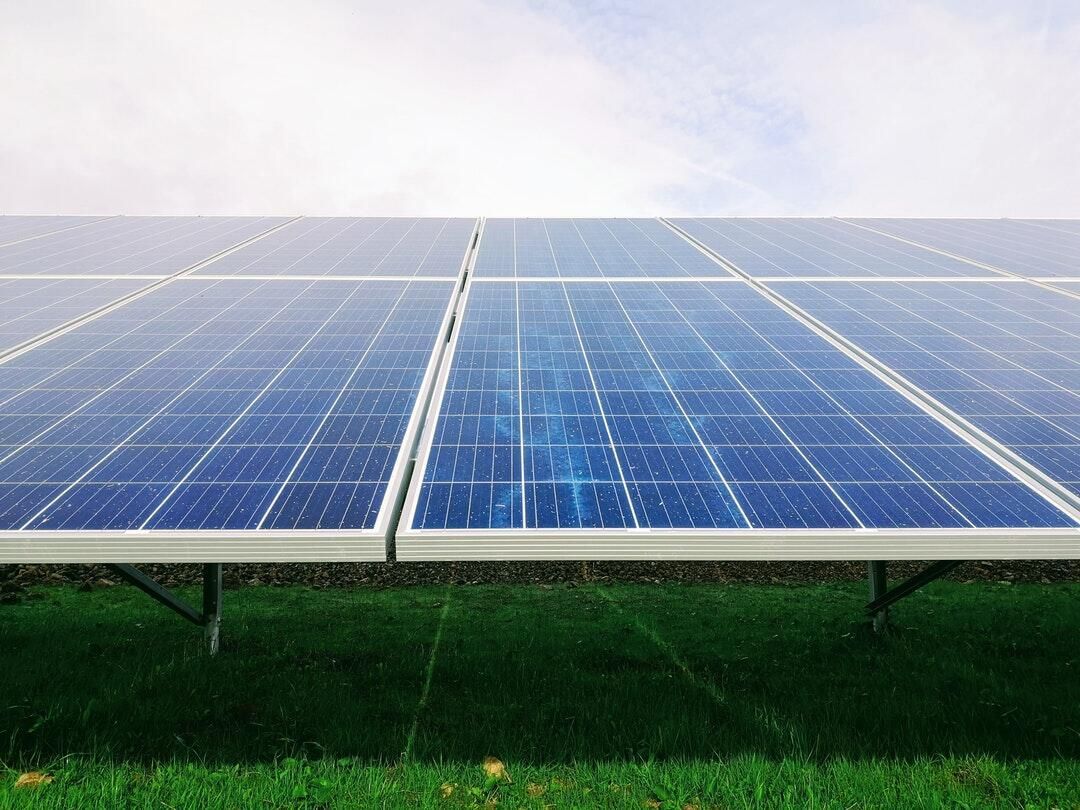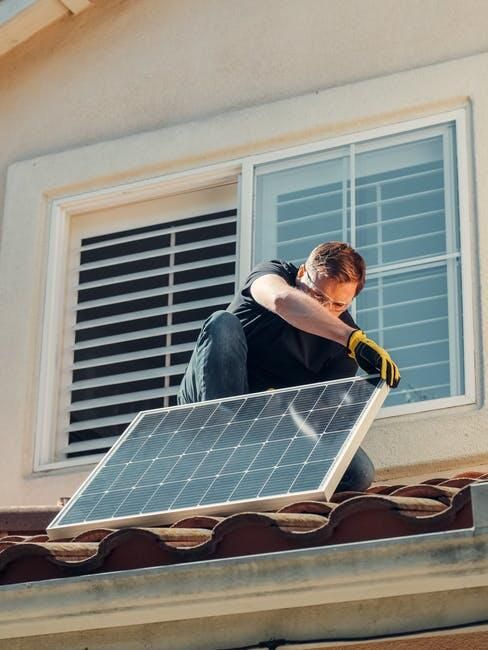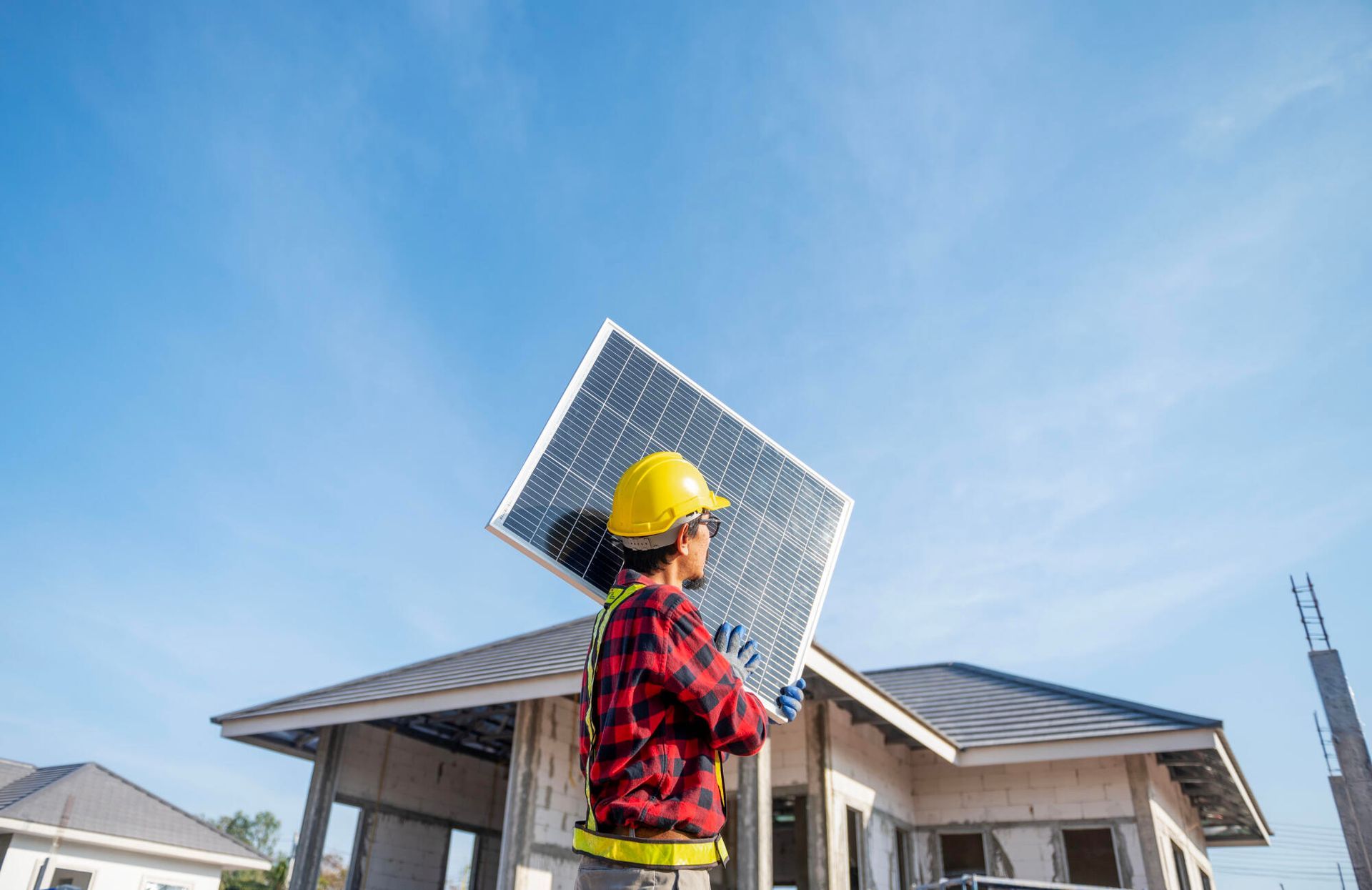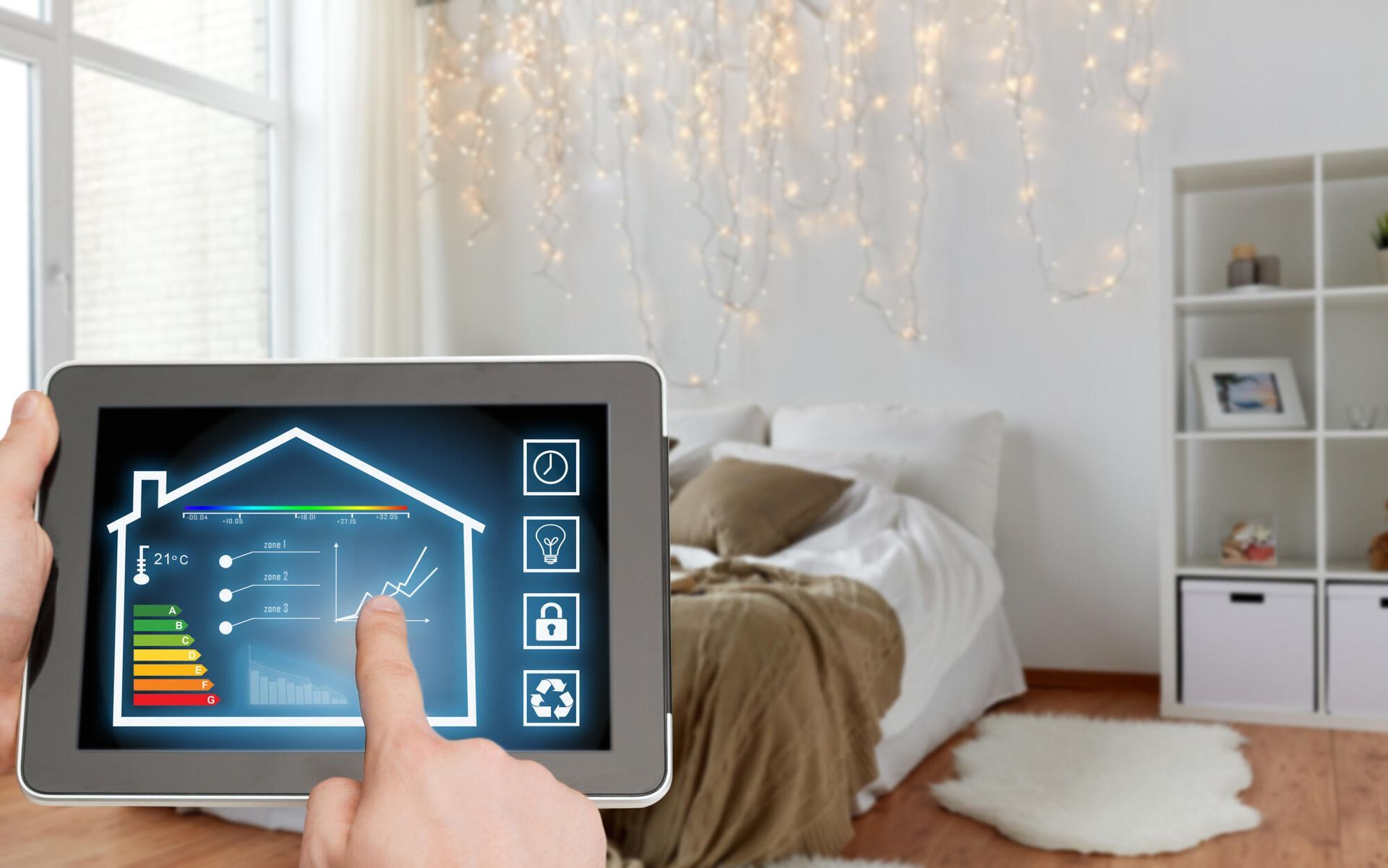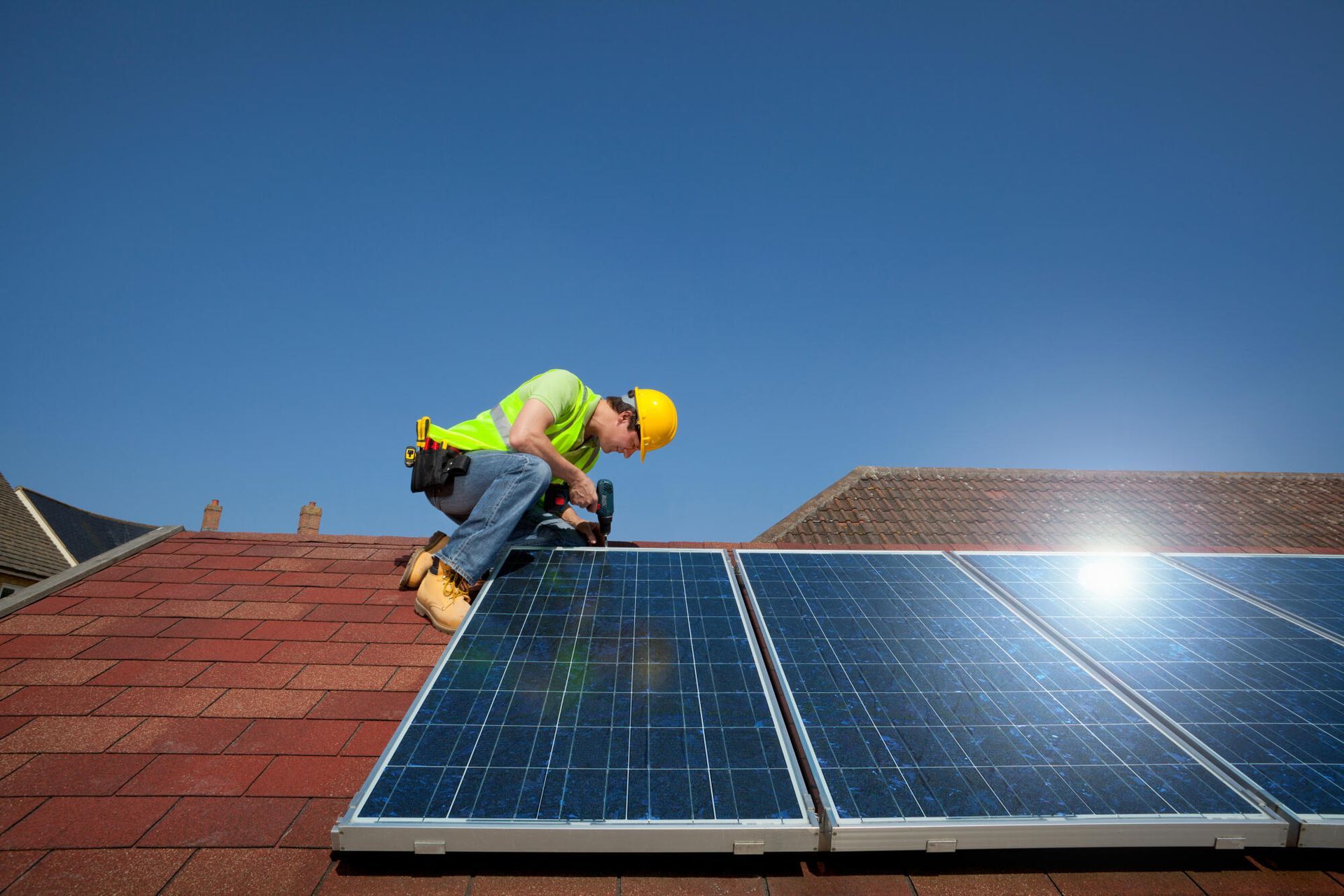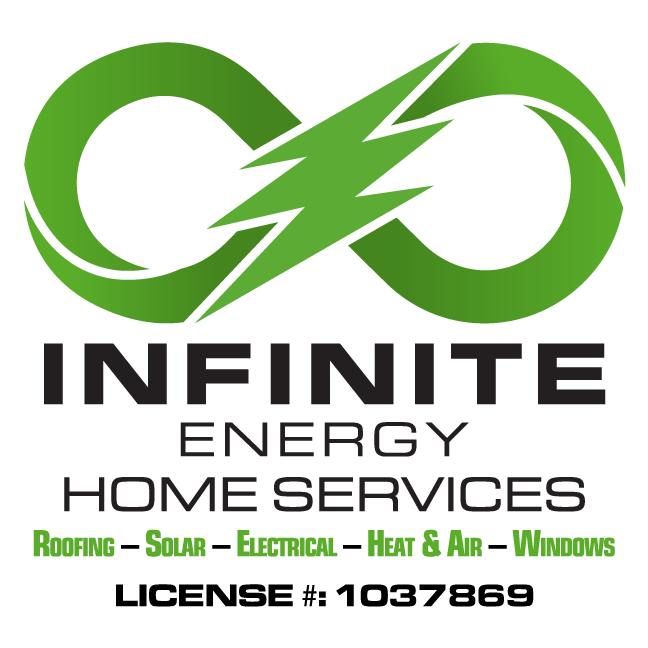How Do Solar Panels Help You Live a Greener Life?
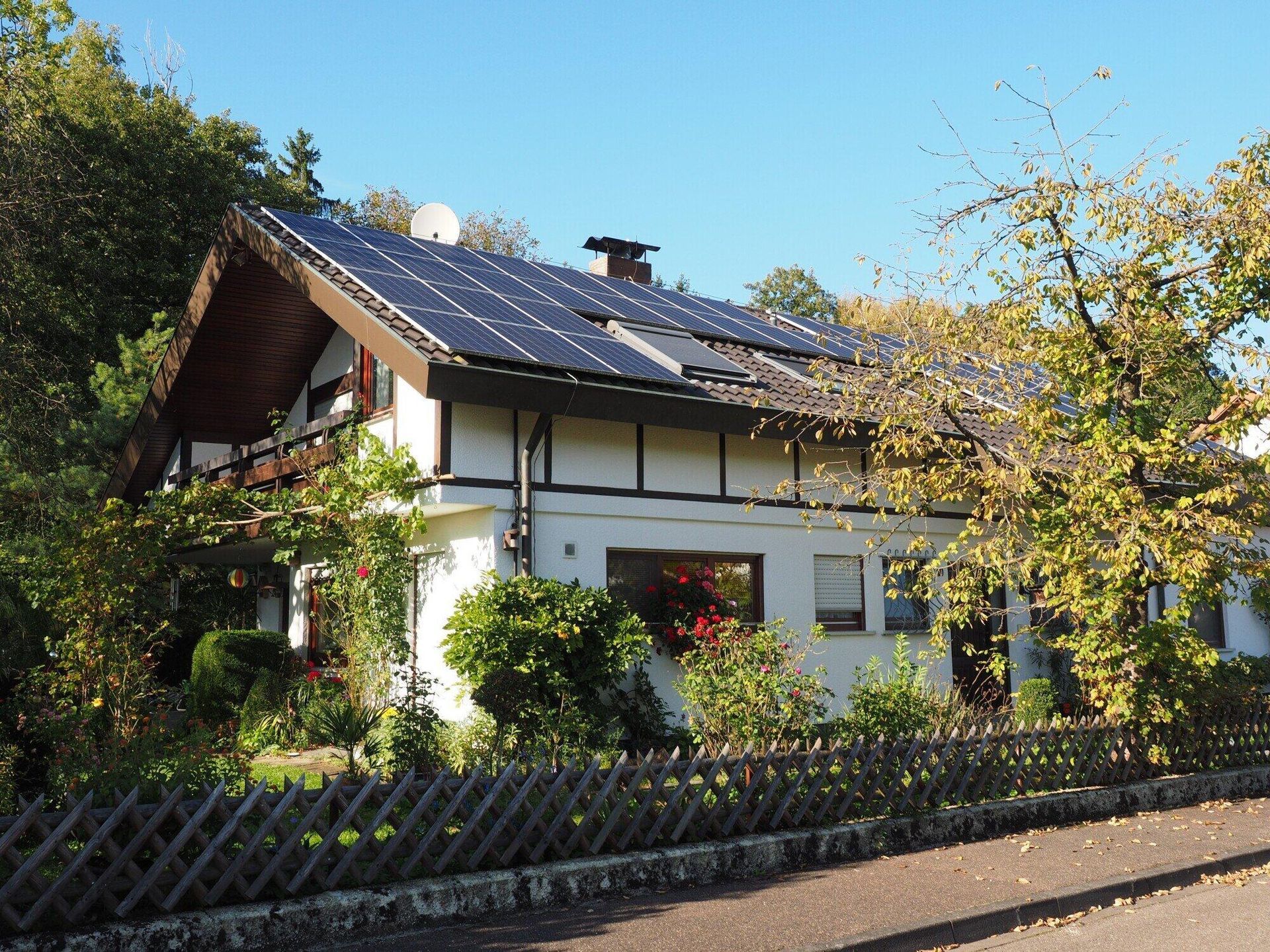
In the hustle of our everyday lives, where each choice we make leaves a mark on the planet, dreaming of a greener life isn't just a luxury - it's a necessity. Picture this: the sun, a powerhouse hanging in the sky, offering us a cleaner, smarter way to live.
Solar panels are not just for the tech-savvy or the well-off. They're for you and me, for every household that wants to cut down on those sky-high utility bills and make a stand against the tide of pollution.
By considering a solar panel installation, we're not just saving pennies. We're taking a bold step towards a sustainable lifestyle, one where our energy comes clean, right from our rooftops. Let's dive in and see how these shining slates of hope can help us live that greener life we're all yearning for.
The Basics of Solar Energy
In a world craving clean energy, solar power shines as a beacon of hope. It's simple, it's everywhere, and most importantly, it's renewable. Let's break down the basics of solar energy and explore why it's becoming a game-changer for folks looking to lead a greener life.
Understanding Solar Panels
Solar panels transform sunlight into electricity using photovoltaic (PV) cells. When sunlight strikes these cells, it initiates a reaction that generates an electric current, effectively turning the panels into small power stations on your roof. This process captures the sun's energy, providing a clean, renewable power source for homes and businesses.
This current is then harnessed and converted from DC (direct current) to AC (alternating current). This makes it ready to power everything in your home, from the fridge to the TV, all without a drop of oil or a chunk of coal.
Why Solar Energy?
Now, why all the buzz about solar energy? For starters, it's clean.
Solar power generates electricity without burning fossil fuels, meaning it doesn't contribute to air pollution or greenhouse gas emissions. This is a breath of fresh air in our fight against climate change.
But it's not just about being kind to the environment. Solar energy is also about sustainability. Unlike fossil fuels, which are running out faster than we'd like to admit, solar energy is plentiful and isn't going anywhere anytime soon.
Plus, as technology advances, solar panels are becoming more efficient and more affordable, making solar energy a smart choice for both the planet and your wallet.
In short, solar energy offers a path to a sustainable, pollution-free future. It's an investment in a cleaner planet and a testament to the power of harnessing the sun. With solar panels, we're not just powering our homes; we're powering a greener life.
How Solar Panels Promote a Greener Life
Embracing solar panels is more than just a nod to modern technology; it's a commitment to a healthier planet. This section delves into how solar energy, through the use of solar panels, champions the cause for a greener life.
By reducing our carbon footprint and leaning into the sustainability and renewability of solar power, we're taking significant steps toward an eco-friendlier existence.
Reducing Carbon Footprint
Switching to solar energy is akin to planting a vast forest in your backyard, metaphorically speaking. Solar panels do their magic without a whisper of smoke, cutting down on the reliance on fossil fuels. This shift is crucial because burning coal, oil, and natural gas for electricity pumps out carbon dioxide (CO2), a major player in the greenhouse effect and global warming.
By harnessing the sun's power, solar panels produce clean, renewable energy. This slashes CO2 emissions and other greenhouse gases that contribute to climate change. Each kilowatt-hour (kWh) of solar-generated electricity means less fossil fuel burned, significantly reducing the carbon footprint of households and businesses alike.
It's a straightforward formula: more solar energy equals less carbon in the atmosphere, making solar panels a powerful weapon in the fight against climate change.
Sustainability and Renewability
Solar energy shines because it's limitless, unlike the finite and environmentally taxing fossil fuels. The sun provides an overwhelming amount of energy daily, far exceeding our consumption needs. This makes solar panels a key player in harnessing this abundant, renewable energy source, ensuring we use power without draining Earth's natural reserves.
Such sustainability is vital for our ecological future, allowing us to meet current energy demands without compromising future generations' needs. Additionally, solar energy's consistency offers protection against the unpredictability of fossil fuel costs. This highlights solar panels as a choice for a cleaner, more reliable energy future.
The Process of Solar Panel Installation
Taking the leap towards solar energy is a thrilling step towards a greener life. But, like any significant home improvement, it requires planning, research, and the right partners. This section breaks down the journey of solar panel installation, from picking the perfect solar contractor to understanding each step of the installation process.
Choosing the Right Solar Contractor
Finding a trustworthy solar contractor is like finding a good mechanic. You want someone experienced, reliable, and upfront.
Start by looking for contractors with solid reputations in your community. Recommendations from friends or family who've gone solar can be gold.
Check online reviews and ratings, but also dig deeper. Look into their certifications and licenses, which vary by location but are crucial indicators of their expertise and professionalism.
Ask potential contractors about their experience, especially with homes in your area. They should be able to provide a portfolio of installations and references.
During consultations, gauge their willingness to answer questions and explain the process. A good contractor won't just sell you on solar; they'll ensure you understand what's suitable for your home and why.
Finally, compare quotes, but remember, the cheapest option isn't always the best. Quality, warranty, and service matter just as much as price.
Installation Process
The journey from deciding on solar to flipping the switch involves several steps, each important in ensuring your solar panels are installed correctly and efficiently. First, a site survey is conducted. A technician will visit your home to assess the roof's condition, orientation, and shading, ensuring it's suitable for solar panels.
Next comes the design phase, where your solar contractor crafts a system tailored to your home's energy needs and roof layout. Once the design is approved, it's time for paperwork. Your contractor should help navigate permits and applications needed for your area, a crucial step that can vary greatly depending on local regulations.
With permits in hand, the installation can begin. This typically involves the following:
- mounting the solar panels on your roof
- installing an inverter (which converts DC electricity generated by the panels into AC electricity your home can use)
- connecting the system to your home's electrical grid
This process can take a few days to a week, depending on the system's size and complexity.
The final step is commissioning and inspection. Your contractor will test the system to ensure everything is working correctly, followed by an inspection from local authorities to approve the installation.
Once everything's signed off, you're ready to harness the power of the sun, significantly reducing your energy bills and carbon footprint.
Economic Benefits of Going Green With Solar
Embracing solar panels isn't just about protecting the planet; it's also a smart financial move. The economic benefits of switching to solar are compelling, offering both immediate and long-term savings. From slashing monthly energy bills to taking advantage of generous government incentives, let's explore how going green with solar can be kind to both the environment and your wallet.
Savings on Energy Bills
One of the most immediate benefits of solar panels is the dramatic decrease in monthly energy bills. After the initial setup, the cost of solar energy is significantly lower than traditional power sources.
Solar panels generate electricity directly from sunlight, which is absolutely free. This means you can run your appliances, lighting, and electronics without worrying about the cost.
The savings can be substantial, especially during peak usage times when electricity rates are highest. Many households see their bills drop by 50% to 70%, depending on their system's size and energy consumption.
Additionally, with net metering policies in many areas, homeowners can even earn credits for surplus energy their panels produce. This further reduces costs or potentially eliminates energy bills.
Incentives and Rebates
To encourage the adoption of renewable energy, governments worldwide offer a variety of incentives and rebates for solar panel installations. These incentives can significantly reduce the upfront cost of solar systems, making them more accessible to a broader range of people.
In the United States, for example, the federal solar investment tax credit (ITC) allows you to deduct a portion of your solar energy system's cost from your taxes. Many states and local governments offer additional incentives, such as rebates, property tax exemptions, and sales tax exemptions, further lowering the cost.
These financial incentives not only make solar energy more affordable but also shorten the payback period of your investment. By taking advantage of these offers, homeowners can see a return on their investment much sooner. They'll enjoy free, renewable energy for years to come and contribute to a more sustainable future.
Together, the savings on energy bills and the availability of incentives and rebates make solar panel installation an economically wise choice. It proves that going green can benefit both the planet and your pocketbook.
Overcoming Challenges and Misconceptions
Diving into solar energy might stir up some doubts, thanks to a mix of myths and potential stumbling blocks. Let's straighten out these misconceptions and chart a clear path through any challenges.
Weather Woes
A common myth is that solar panels need constant, direct sunlight to be effective. However, even on cloudy days, solar panels can generate electricity. They're designed to capture different spectrums of light, not just direct sunlight, so less-than-sunny weather isn't a deal-breaker.
Cost Concerns
Many believe that solar power is too expensive for the average household. This isn't the case anymore. With the cost of solar technology dropping and various financial incentives available, such as tax credits and rebates, solar energy has become increasingly affordable. Plus, financing options like solar loans or leases make it possible to start saving on your energy bills without a hefty upfront investment.
Maintenance Myths
Another misconception is the idea that solar panels require frequent and expensive maintenance. In truth, solar panels are quite low-maintenance. An occasional cleaning to remove dust or debris is usually all that's needed to keep them running efficiently.
Now, let's take a look at some of the challenges and solutions regarding solar panels.
Upfront Investment
The initial cost of solar installation can seem daunting. However, this challenge is mitigated by financial assistance options like federal tax credits, state incentives, and solar financing plans. These can significantly lower the initial outlay, making solar panels a viable option for a wider range of budgets.
Roof Requirements
Some homeowners worry their roofs might not be suitable for solar panels. There are a number of reasons, but often it's due to the following:
- orientation
- shading
- structural issues
Fortunately, there are alternatives like ground-mounted solar systems or community solar programs. They allow individuals to benefit from solar energy without installing panels on their own roofs.
Navigating through these myths and challenges reveals that solar energy is not only feasible but also a practical choice for many. By addressing these concerns head-on, we uncover the true potential of solar power to provide sustainable, cost-effective energy solutions for households looking to reduce their environmental impact and energy costs.
Embrace a Greener Life With Solar Energy
Solar panels stand as a beacon for a sustainable future, offering a pathway to a greener life by harnessing the sun's endless energy. They not only lower our carbon footprint but also promise significant savings on energy bills, challenging the reliance on fossil fuels.
We encourage you to consider solar panel installation as a meaningful step towards environmental stewardship and financial savings. With our unique 30-year roofing guarantee, Infinite Energy stands ready to guide you through this transition.
Contact us to explore how our unparalleled commitment to quality and sustainability can power your journey to a greener life.
Hours:
Sunday - Closed
Monday - 8:00 am -6:00 pm
Tuesday - 8:00 am - 6:00 pm
Wednesday - 8:00 am - 6:00 pm
Thursday - 8:00 am - 6:00 pm
Friday - 8:00 am - 6:00 pm
Saturday - 8:00 am - 4:00 pm

